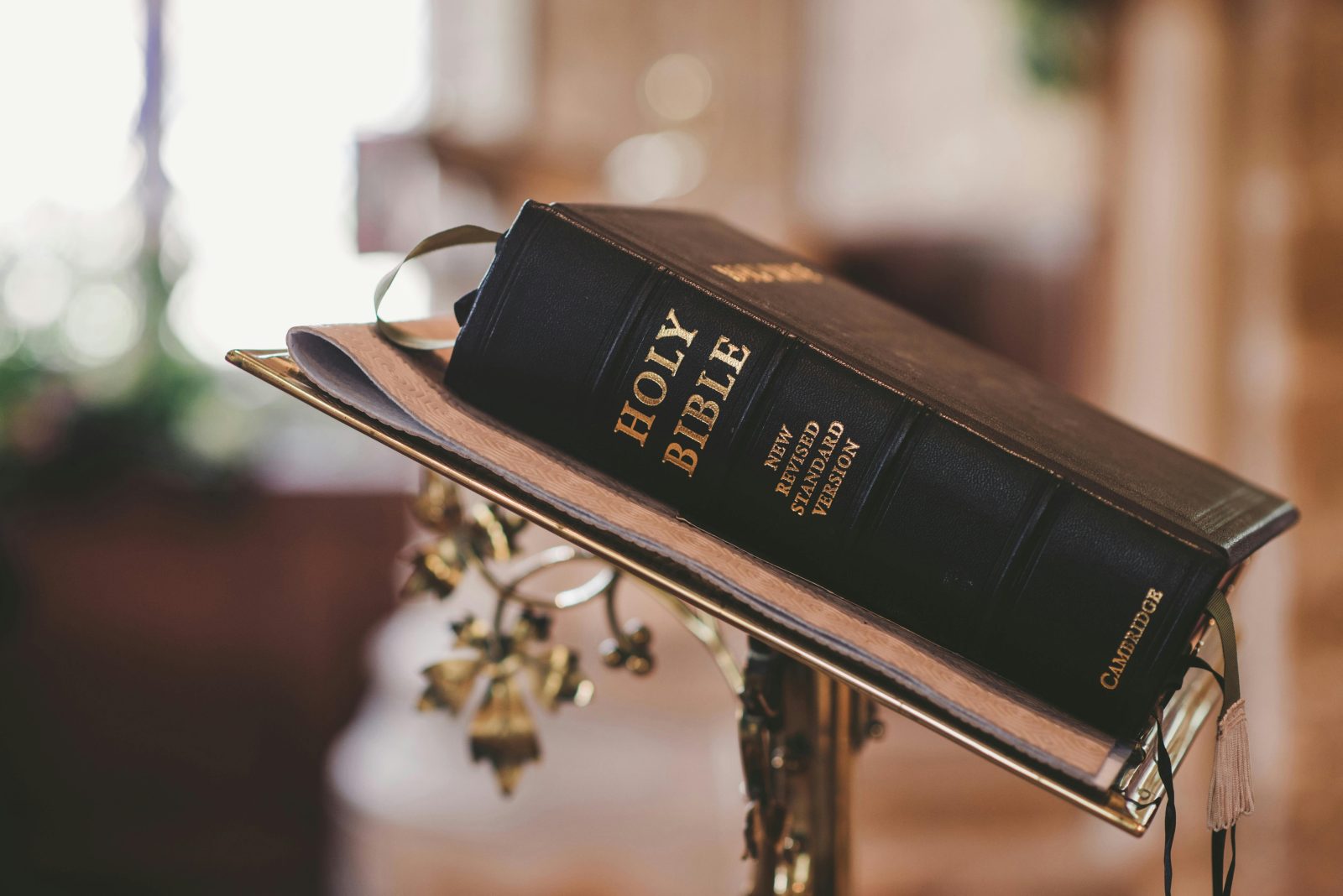Several lawmakers in Kentucky have filed new bills during the 2025 legislative session. These bills focus on protecting religious rights and making the Ten Commandments visible in public schools. While it’s unclear whether these bills will pass, they have generated a lot of discussion.
Here’s a closer look at what’s being proposed in the state’s new legislation.
Senate Bill 60: Expanding Religious Freedom Protections
Senator Steve Rawlings, a Republican from Burlington, has filed a bill (Senate Bill 60) that would allow people to sue the government if their religious rights are violated. The bill focuses on religious freedom, meaning it would give people the power to take legal action if they feel the government is interfering with their religious practices.
Senator Rawlings has said that this bill is a response to what he sees as growing violations of religious freedom, especially for religious groups and churches. However, critics, including groups like the Fairness Campaign and the Kentucky Council of Churches, have raised concerns. They argue that the bill is too broad and could lead to many unnecessary lawsuits. Additionally, they worry it might conflict with local fairness laws that protect people from discrimination based on sexual orientation or gender identity.
The bill has been assigned to the Senate Judiciary Committee for review. In the past, similar bills have struggled to pass, but Rawlings is hopeful that this one might move forward.
House Bills 65 and 116: Ten Commandments in Schools
Two Republican lawmakers, Representative Josh Calloway and Representative Richard White, have introduced bills that would require schools to display the Ten Commandments in classrooms.
Rep. Calloway’s bill (House Bill 65) would require every public school classroom to have a permanent display of the Ten Commandments. The display would also include a note explaining that the Ten Commandments have been an important part of Western law and culture.
Rep. White’s bill (House Bill 116) is slightly different. It would give school boards the option to allow the display or reading of the Ten Commandments in classrooms or at school events. The idea is that schools could choose whether they want to display the Ten Commandments, rather than making it mandatory.
This idea isn’t new. Last year, Louisiana passed a similar law, but it faced legal challenges. A federal judge ruled that the law could violate the First Amendment, which protects the separation of church and state. Kentucky’s Attorney General, Russell Coleman, is working with other state attorneys general to defend the Louisiana law, but it’s still uncertain whether Kentucky’s bills will make it through the legislative process.
Senate Bill 19 and House Bill 25: Moment of Silence in Schools
Another proposal gaining attention is Senate Bill 19, introduced by Republican Senator Rich Girdler. This bill would require public schools in Kentucky to observe a moment of silence at the start of each school day. The moment of silence would last no more than two minutes. Students could use this time for personal reflection, meditation, or prayer, but the bill specifies that students should not interrupt or disturb others during this time.
This bill aims to give students a quiet space at the start of their day, but some worry it could lead to prayer being forced on students. The bill does not require prayer, but critics argue it could still lead to situations where students feel pressured to pray.
A similar bill, House Bill 25, has been filed by Representative Dan Fister. Both bills have been assigned to committees for review.
What’s Next?
These bills are still in the early stages, and it’s uncertain whether they will pass. Lawmakers are continuing to debate the impact of these proposals on religious freedom and the role of religion in public life. Kentucky is not the only state considering such measures, but it remains to be seen whether the state will follow the lead of other places that have passed similar laws.
As the legislative session progresses, lawmakers will continue to discuss and amend these bills, and it will be important to follow their progress. While these proposals may be controversial, they highlight the ongoing debate over the balance between religious freedom and the rights of others in public spaces.
(Source : newsbreak.com)













Leave a Reply